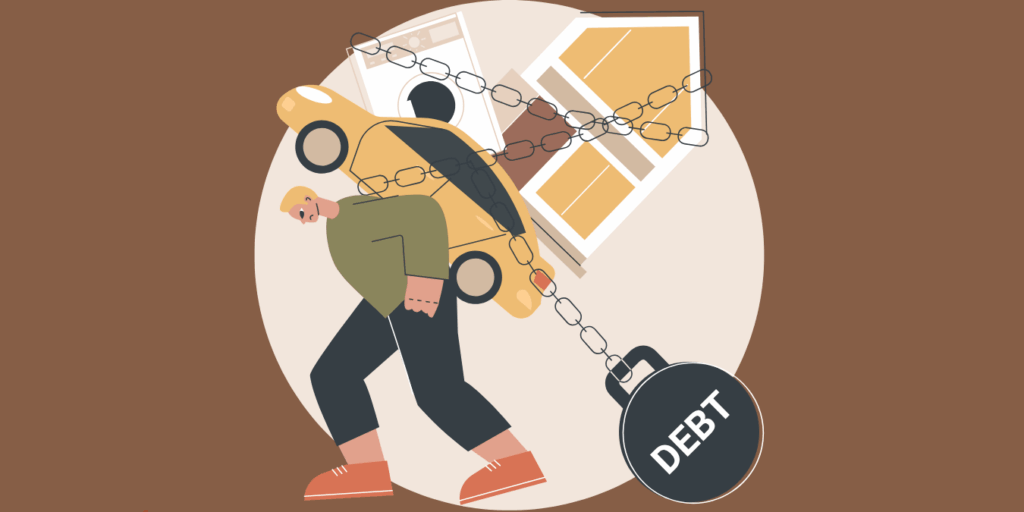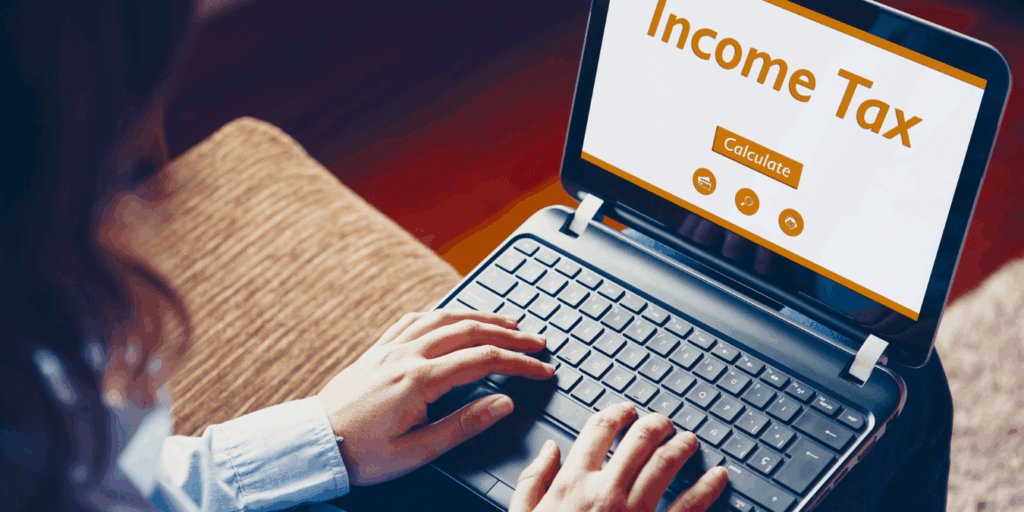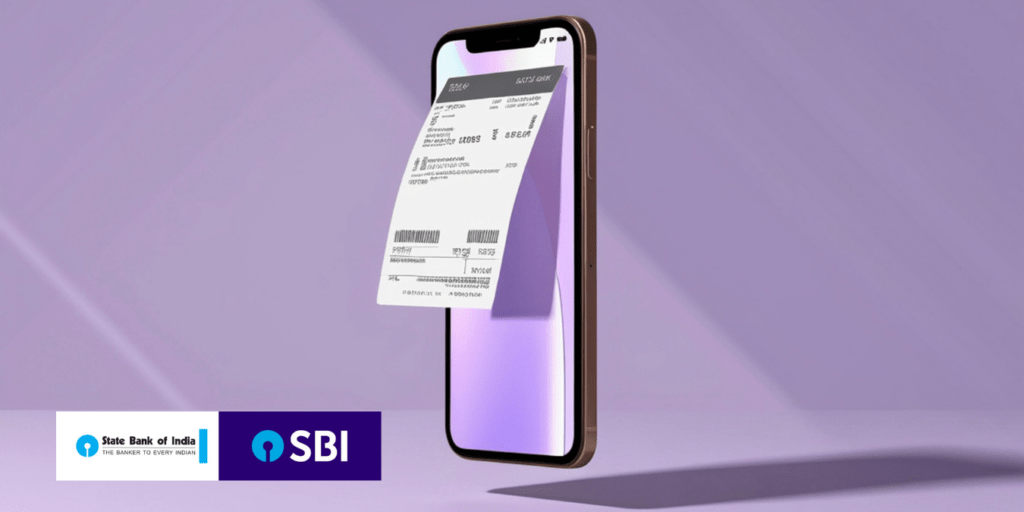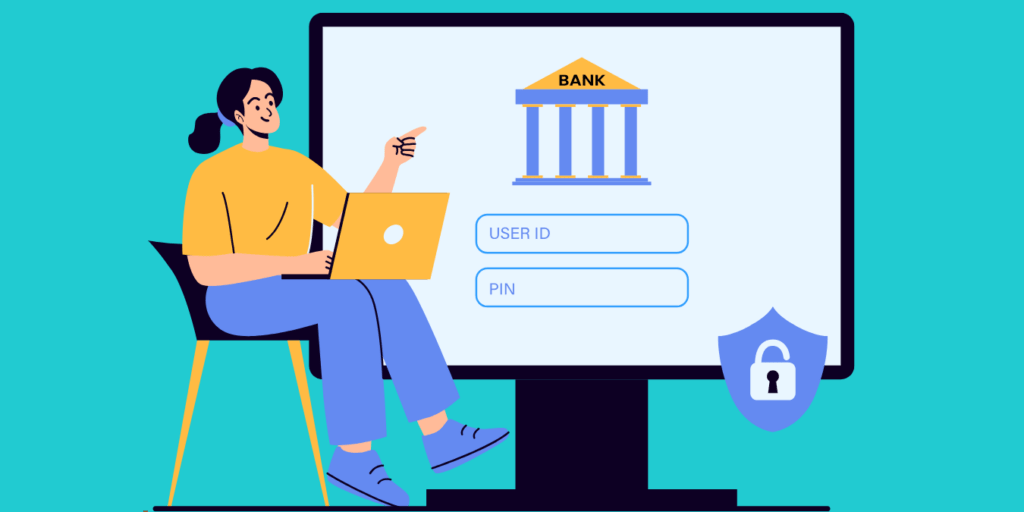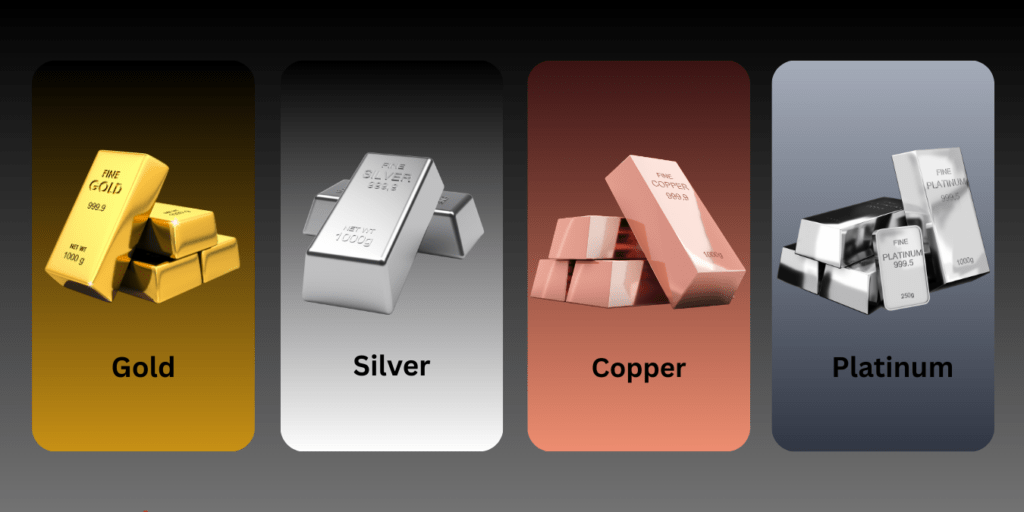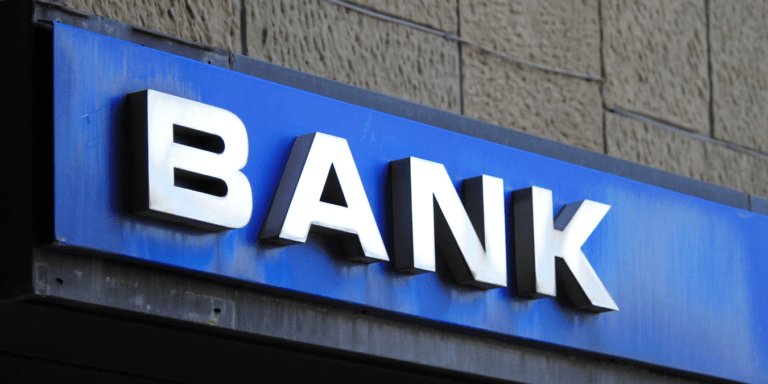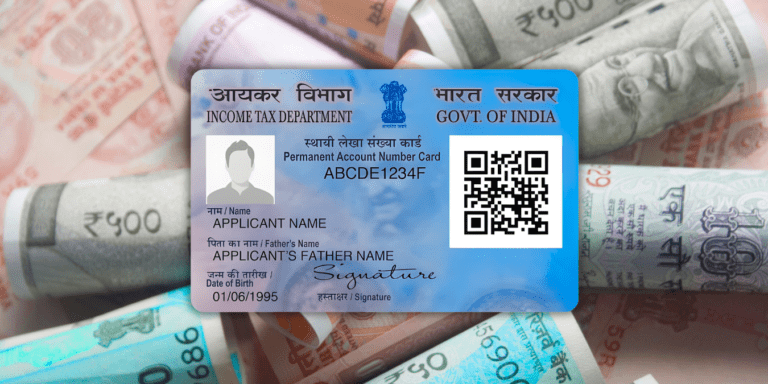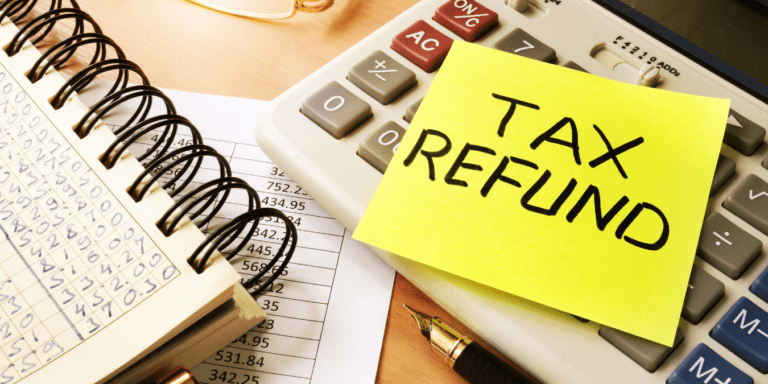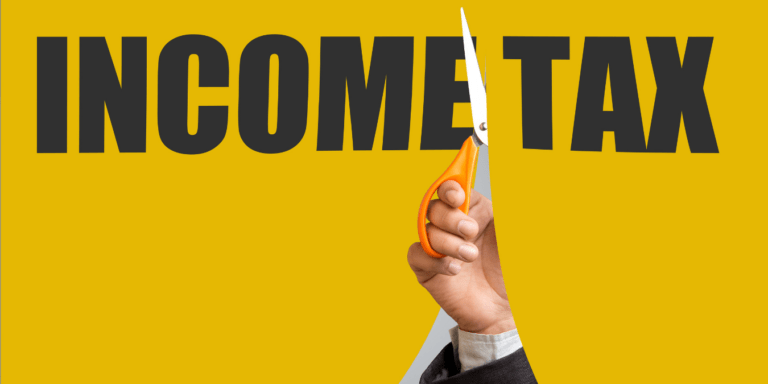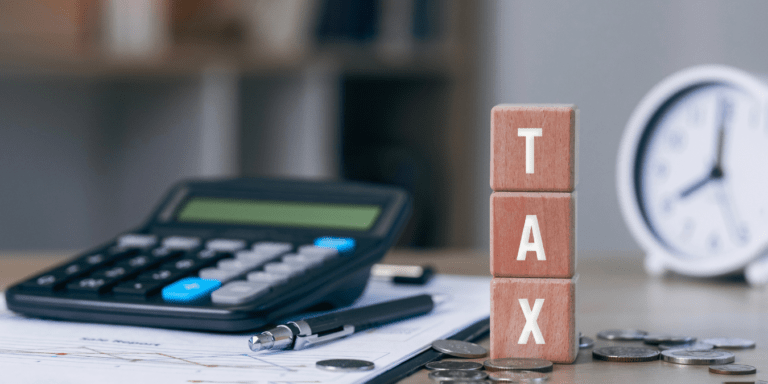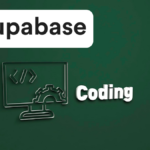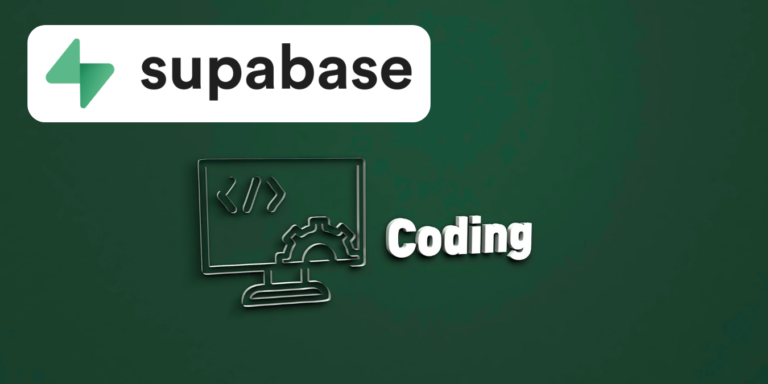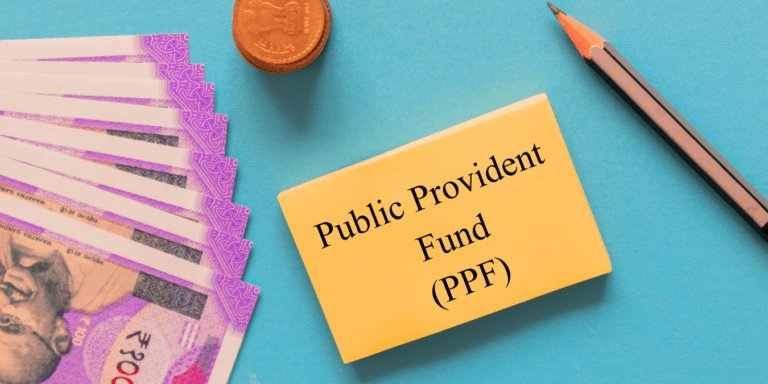
Claim HRA in 2025 Without a Rent Agreement: The One Proof No One Talks About
The secret of claiming HRA without a rent agreement in 2025—most taxpayers miss this crucial proof that can save you thousands in taxes. Discover how new rules on landlord PAN and digital rent payments change the game. Don’t risk losing your HRA benefits; learn what experts aren’t telling you yet.
House Rent Allowance (HRA) is a vital salary component designed to help salaried employees in India manage their rental expenses while enjoying significant tax benefits. Many believe that a formal rent agreement is a must to claim HRA exemption, but surprisingly, that’s not always the case. In 2025, the key to a successful HRA claim lies in proving actual rent payment through rent receipts, bank transfers, and landlord PAN details when applicable. Understanding these subtle yet critical requirements can save you from costly mistakes and maximize your tax savings.
Did you know thousands of salaried Indians are unknowingly risking their HRA claims by not using formal rent agreements—but still paying rent regularly? What if you could still legally claim HRA without a rent agreement? The catch? It depends not just on paperwork, but on invisible proofs and key government rules that many don’t know.
Understanding HRA and Its Importance in 2025
House Rent Allowance (HRA) remains one of the most essential components of salary structures for millions of salaried individuals in India. As living costs and urban rental prices continue to rise in 2025, claiming HRA tax exemption has become a critical strategy to reduce taxable income legally. The exemption lets taxpayers save substantial money by offsetting rent paid towards accommodation. However, many are unaware of updated eligibility conditions and proofs required, especially around rent agreements. Understanding HRA’s evolving rules in 2025 ensures that employees can confidently maximize benefits without falling prey to tax scrutiny or errors in documentation
- HRA is a crucial tax-saving component of the salary for millions in India.
- Its tax exemption helps reduce taxable income significantly if you pay rent for accommodation.
- Common misconception: Rent agreement is mandatory for claiming HRA.
- Surprise: You can claim HRA without a rent agreement — but you must prove actual rent payment to qualify.
What Proof Is Required to Claim HRA Without a Rent Agreement?
- Rent receipts: Employers generally require these to act as proof of rent paid.
- Bank transfer or UPI payment records: The strongest proof is a clear bank trail showing rent payments.
- Written declaration or affidavit from the landlord in absence of an agreement.
- Form 12BB: Details and proofs submitted to employer for tax exemption.
- Rental agreement is recommended but not mandatory if alternatives are convincing.
- Rule of thumb: If monthly rent exceeds ₹8,333 (annual ₹1 lakh), landlord PAN is mandatory for claim.
When Is Landlord PAN Mandatory?
Providing the landlord’s PAN (Permanent Account Number) has become mandatory for claiming House Rent Allowance (HRA) exemption if the annual rent paid exceeds ₹1 lakh. This requirement aims to ensure transparency and helps the tax authorities track rental income for compliance purposes. Employees must submit the landlord’s PAN details to their employers, who then use it to validate the legitimacy of the HRA claim. If the landlord does not have a PAN, a declaration stating this must be provided. Failure to furnish landlord PAN when required can lead to disallowance of HRA exemption and increased taxable income, risking scrutiny and penalties.
Special Cases: Claiming HRA When Landlord Is Your Parent
- Permissible if rent is genuinely paid and parents own the property legally.
- A formal rent agreement is recommended, but bank/UPI proof of rent payment is vital.
- Parent must declare rental income and pay taxes on it.
- Landlord PAN of parents is mandatory if rent paid exceeds ₹1 lakh annually.
- Without proper documentation, tax scrutiny or notice may follow.
Claiming HRA When You Own the House You Live In
Claiming House Rent Allowance (HRA) when you own the house you live in is generally not allowed under Indian tax rules. HRA is intended to provide tax relief for salaried individuals who pay rent for their accommodation. However, if you own a house but are living elsewhere due to work or other reasons, and you pay rent for that rented accommodation, you can claim HRA for the rented place. In such cases, it is essential to justify why you are not living in your owned house and maintain proper documentation, including rent receipts and digital payment proofs, to support your claim during tax assessments.
How to Calculate HRA Exemption if Rent Receipts are Missing
Calculating HRA exemption without rent receipts involves estimating your actual rent payments and ensuring you meet the eligibility criteria set by the Indian tax authorities. The key factors include your salary components, rent paid, and the rent paid relative to your salary. Typically, the exemption amount is the minimum of these three: actual rent paid minus 10% of your salary, 50% of salary (for metro cities) or 40% (for non-metro), or the total HRA received. Without rent receipts, verification becomes challenging, so maintaining digital proof like bank or UPI transfer statements is crucial. Proper documentation ensures your calculation is accepted during tax assessment, even if receipts are missing.
Important Checks and Red Flags That Could Trigger Scrutiny
- Fake or inflated rent receipts are a serious red flag.
- Rent paid to family members without clear evidence or PAN is suspect.
- No bank transfer or digital payment proof for rent; cash payments are risky.
- Inconsistent or missing landlord PAN for rent above ₹1 lakh can trigger scrutiny.
- Employers also conduct due diligence to avoid TDS liabilities from wrong exemptions.
- Penalties or disallowance can occur during ITR assessment if irregularities are found.
Steps To Respond to an Income Tax Notice Challenging HRA
Responding to an income tax notice challenging your HRA claim requires careful documentation and a systematic approach to prove your eligibility and compliance. Here are the key steps to follow:
- Read the Notice Carefully: Understand the specific reasons why your HRA claim is being questioned, such as missing rent receipts, lack of landlord PAN, or inconsistencies in rent payment proof.
- Gather Proof: Collect all relevant documents including rent receipts, bank or UPI transaction statements showing rent payments, landlord PAN (if rent > ₹1 lakh/year), rent agreement (if available), and Form 12BB submitted to your employer.
- Prepare a Detailed Reply: Draft a clear explanation addressing the points raised. Emphasize that rent payments were made through a verifiable bank trail or digital payments and highlight compliance with landlord PAN requirements if applicable.
- Attach Supporting Documents: Include scanned copies of all proofs and relevant certificates with your response.
- Submit the Response Timely: File your reply within the stipulated deadline through the income tax e-filing portal or as directed in the notice.
- Follow Up: Keep track of any further communication and be ready to provide additional information if needed.
- Seek Expert Help If Needed: Consider consulting a tax professional if the case is complex or requires legal expertise.
By systematically addressing the notice with credible documents and transparent communication, you increase the chances of your HRA claim being accepted and avoid penalties.
Simple Summary
| Documents/Proof | Requirement |
| Rent Agreement | Not mandatory, but highly recommended |
| Rent Receipts | Yes, essential proof |
| Bank Transfer / UPI Payment | Strongest proof; must maintain digital trail |
| Landlord PAN (Rent > ₹1L/year) | Mandatory |
| Payment Method | Prefer UPI/bank transfer over cash |
Pro Tip: Always pay rent via bank transfer or UPI to maintain a transparent, verifiable paper trail for best HRA claim chances.
Actionable Takeaways for Claiming HRA Without a Rent Agreement
- Maintain consistent rent receipts monthly from your landlord, even if no formal agreement.
- Pay rent digitally (UPI, bank transfer) to create an unquestionable audit trail.
- Obtain landlord's PAN if annual rent exceeds ₹1 lakh; if landlord refuses or lacks PAN, gather a signed declaration.
- File Form 12BB with all proofs to your employer promptly.
- If renting from parents, insist on a formal rent receipt and ensure they declare rental income.
- Keep copies of all financial transactions evidencing rent payments.
- Avoid cash transactions to reduce risk of scrutiny.
Final Thought: Can You Claim HRA Without a Rent Agreement?
You can claim House Rent Allowance (HRA) without a formal rent agreement in some cases, but this comes with important conditions and risks. While a registered rent agreement is the safest and most accepted proof, many employers and the Income Tax Department may accept alternative evidence like rent receipts, bank or UPI proof of rent payment, and a landlord’s affidavit. However, if your rent exceeds ₹1 lakh per year, providing your landlord’s PAN becomes mandatory. Without these documents, especially a rent agreement, your HRA claim may face scrutiny or disallowance during tax assessment. For lower rents (below ₹36,000 per year), some exemption is allowed even without receipts or agreements. To protect yourself, always maintain clear digital rent payment proofs and obtain rent receipts—even if a formal agreement is missing. This approach balances flexibility with compliance, helping you safely maximize your HRA benefits without a traditional rent agreement.





